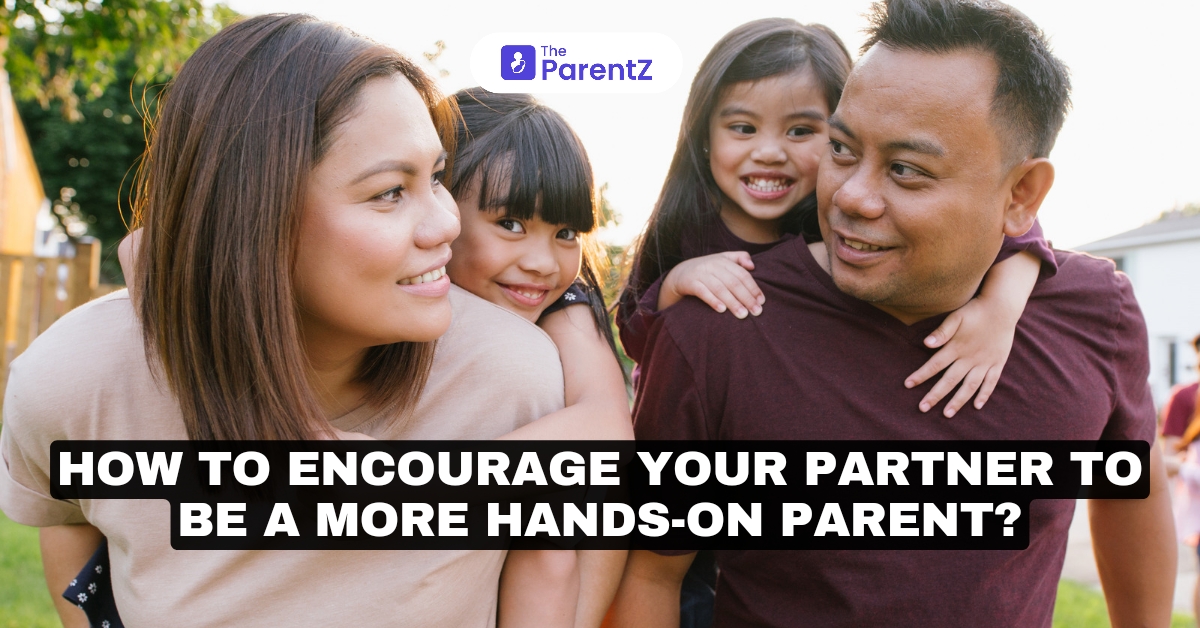Parenting is a journey that involves two people: the mother and the father. While it's often assumed that the primary caregiver is the mother, shared parenting is increasingly becoming the norm. It's not just about dividing tasks; it's about creating a balanced and supportive atmosphere for both parents and children.
If you find yourself in this situation, it's important to have an open and honest conversation with your partner about sharing parenting duties more equally. Today, we will discuss some tips to encourage your partner to be more hands-on!
Understanding the Toll
Before we delve into strategies to encourage shared parenting, it's crucial to acknowledge the toll that sole parenting can take on one partner. This can lead to resentment, exhaustion, and isolation. When one parent consistently handles the majority of childcare responsibilities, it can create an imbalance that can negatively impact the relationship.
Strategies to Encourage Shared Parenting
Here are some practical strategies to encourage your partner to become a more hands-on parent:
Communicate Your Needs
Communication is the key to every successful relationship, especially when it comes to co-parenting. Sit down with your partner and express how you're feeling—don't accuse, but use "I" statements to convey your needs.
For example, "I feel overwhelmed when I'm responsible for all the bedtime routines. I would really appreciate it if you could help out with bath time a few nights a week."
Research shows that couples who communicate effectively have higher relationship satisfaction and can better resolve conflicts. By voicing your concerns in a calm, non-judgmental way, you're more likely to find a solution you both feel good about.
Suggest a Schedule
Once you've discussed the issue, work together to create a parenting schedule that divides responsibilities fairly. This could involve alternating who does drop-off and pick-up, who cooks dinner, who bathes the kids, etc. Having a clear plan helps ensure neither partner feels taken advantage of.
Shared parenting arrangements, where both parents are actively involved, lead to better outcomes for children. Kids in these situations have higher self-esteem, a greater sense of security, and lower stress levels.
Offer Specific Tasks
If your partner seems unsure of how to help, offer them specific tasks they can take over. For example, "Could you please pack the kids' lunches every morning? I find it really helpful when you do that." Or, "Would you mind taking the kids to the park on Saturday mornings so I can have some alone time?"
Assigning clear responsibilities removes the guesswork and makes it easier for your partner to pitch in. Parents given specific tasks are more likely to be involved in their children's lives.
Lead by Example
Sometimes, the easiest way to get your partner more engaged is to show them how it's done. When doing a task together, narrate your thought process and explain why you're doing things a certain way. For example, "I'm putting the baby down for a nap now because she seems tired. I find it helps to keep the room dark and play some white noise."
Modeling the behavior you want to see can be very effective. When parents see their partners actively parenting, they're more likely to get involved themselves.
Conclusion
Remember, creating a more equal parenting dynamic takes time and patience. Stick with it, communicate openly, and focus on the benefits for your child. With some teamwork and understanding, you can create a household where both parents are actively engaged, and your child can thrive.








Be the first one to comment on this story.